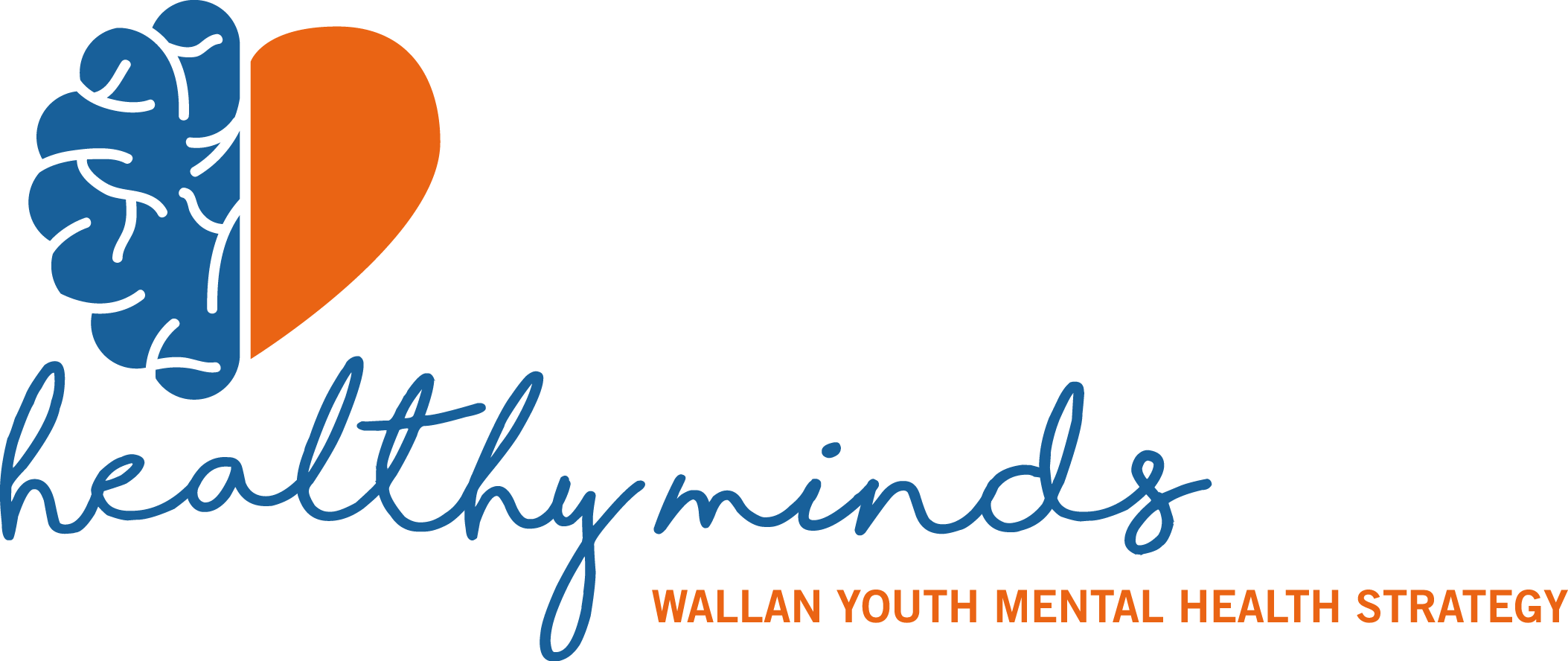FAQs
- analysis of local demographic trends and forecasts;
- review of relevant literature and policy;
- mapping of the current youth mental health ecosystem in Wallan; and
- identification of key issues and opportunities for youth mental health.
- There are more social support options for young people in Wallan than professional care offerings.
- Young people may have to travel long distances for specialised services or for more Council youth services.
- There are few indoor, informal spaces outside school and the home for youth to socialise.
- The project team is collecting stories and ideas from young people with lived experience of mental illness through individual conversations
- Partner organisations who support young people are collecting feedback from their clients
- We are hosting a number of small discussion groups and conversations with organisations who are involved with and impacted by young people with mental health issues.
- This project page is collecting feedback from the community through an online survey.
What is youth mental health?
Mental health is “a state of well-being in which we are able to develop our unique potential, cope with the stressors of life, work productively and fruitfully, build strong and positive relationships with others, and make a contribution to our community” (World Health Organisation).
It includes ‘good’ mental health (being healthy and coping) through to ‘poor’ mental health or experiencing ‘mental illness’. Many of us move between healthy and poor mental health through our lives.
Mental health is impacted by our genetics and how we behave, but it is also strongly influenced by our culture, community and environment. Adolescence and young adulthood (defined as 10 - 24 years in this project) is a period of big change with a range of physical, social, emotional and academic challenges and pressures. It is a time when young people are establishing their identities, seeking greater independence, and transitioning into adulthood.
When you have strong mental health, you are happier and you can develop good skills that help you as you get older. When you are healthier you can also be a more active community member now and in the future.
What is a youth mental health strategy?
A youth mental health strategy is a document that Council and the community develop together to help support young people, and their friends and families, to manage their mental health and wellbeing.
Good health and wellbeing is a result of our whole community working together, such as families, schools, public transport, and health services, and this strategy will focus on a preventative and holistic approach across the Wallan community. It will include key priorities in the areas of access to services, youth mental health, youth justice, youth employment, alcohol and other drugs, education and referral pathways.
Why does Wallan need a youth mental health strategy?
What was identified in the Key Issues Report?
How are you collecting feedback during this stage?
The project team is collecting feedback in different ways between 8 July and 16 August:
Young people
Organisations
General community
All the feedback will be collated and synthesised to provide guidance for the draft Healthy Minds strategy.

